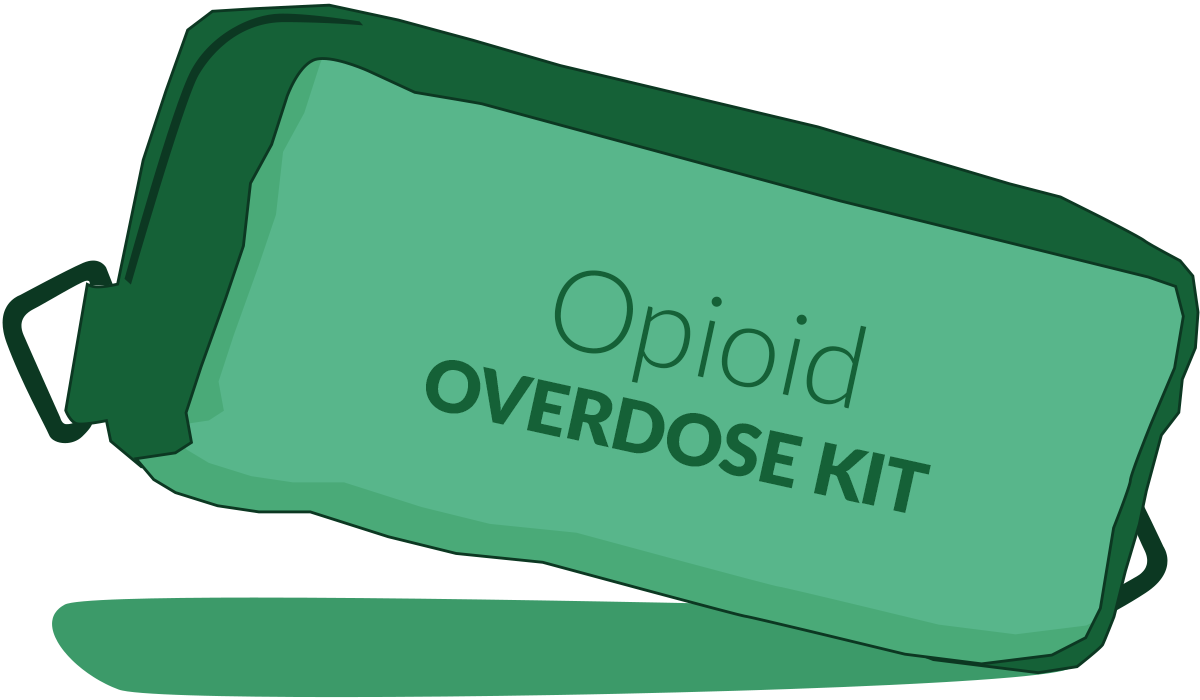Developmental disabilities: childhood
For school-aged children with developmental disabilities, services are typically provided through specialized instruction in a classroom setting. Additional resources may include occupational, physical and/or speech/language therapies, nursing services and behavior supports. Learn more about the educational programs available for children with developmental disabilities in your home system by consulting your district’s special education department.
- Developmental Disabilities Family Support
Caring for a child with developmental disabilities can be a significant financial and emotional challenge. Stark Help Central has gathered together some of the most common resources to help you provide the care your child needs. From transportation and child care to cash, food and employment support, learn about the resources available to you. For…
Read more - Guardianship
Guardianship is established when a person with functional needs is no longer able to maintain control over their own decisions. Because this is a legally binding process, it should only be considered as a last resort. Explore alternatives to guardianship and learn about ways to protect the rights of Stark County residents with disabilities.
Read more - Financial support: developmental disabilities
People with developmental disabilities face unique challenges as they strive to build independent and fulfilling lives. If you or someone you know has a qualifying disability, there are many assistance programs and services available to help you support yourself financially. Learn about your options to help along your journey toward financial stability.
Read more - Health care support
All residents should have access to safe and effective health care, regardless of age or income. If you are a teen, young adult or the parent of a young child, affordable, quality care is within your reach. Get the medical, dental, prescription or mental health coverage you need for a happy and healthy tomorrow.
Read more - Childhood mental health support
In some instances, a child who has experienced trauma or another mental health challenge may struggle to cope as they get older. If your child seems to be battling feelings of hopelessness, sadness or difficult behaviors, consider seeking the help of a mental health support provider in Stark County. Start early with mental health support…
Read more - Special education services
Every child with developmental disabilities has a right to receive a free, appropriate, public education in the least restrictive environment possible. Learn how school districts across Stark Country are supporting students with functional needs through a variety of educational programs and services.
Read more Emergency - Early education resources
Early education programs provide learning opportunities for children, ages 0 to 5 years old. All early childhood education programming offered in Stark County is targeted to support children as they build a strong knowledge-based foundation. The SPARK (Supporting Partnerships to Assure Ready Kids) program provides a kindergarten readiness advantage for families with preschool-age children (three- and four-year-olds).
Read more - Respite care
Primary caregivers for anyone from children with special needs to senior citizens sometimes need short-term relief. Find respite care near you.
Read more



